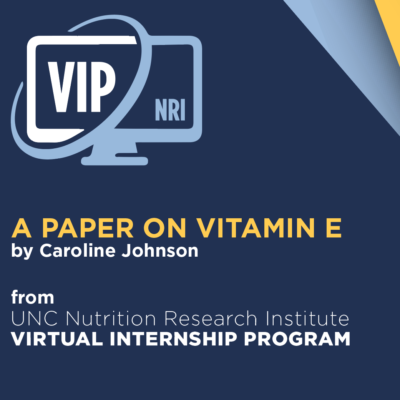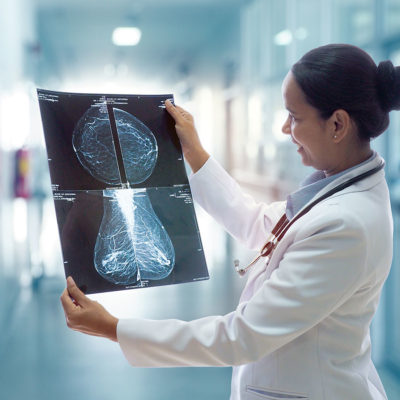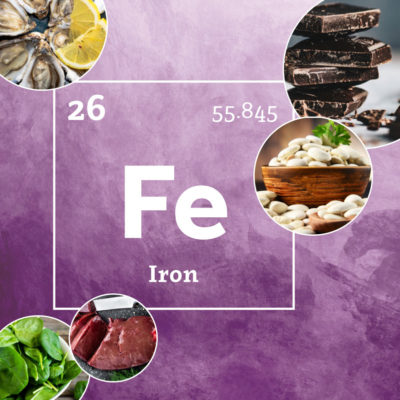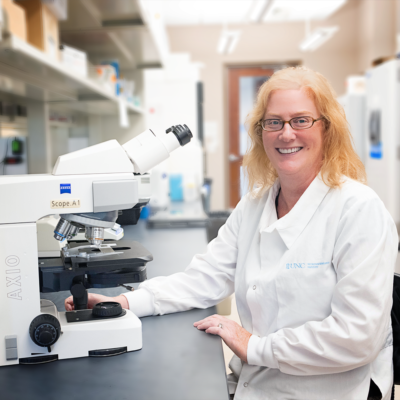Microbiome and Nutrition
The complex community of bacteria, yeasts and viruses living in our intestines, collectively known as the gut microbiome, is shaped, in part, by what we eat. Genetics, environment, and other factors also influence an individual’s microbial community. Research at the NRI investigates these complex relationships and their impact on disease risk. We use animal models and bioinformatics to study the associations between nutritional metabolites, gut microbiome, and health. What happens in the gut doesn’t stay in the gut. Your microbiome can play a role in cardiovascular disease, obesity and diabetes, and even cancer. Our team envisions a future where analysis of your microbiome can determine disease risk, and medical foods can be prescribed to treat and prevent disease by regulating the microbiome.
Publications
Microbiome and Nutrition Publications
2020
Population studies of TMAO and its precursors may help elucidate mechanisms. Meyer K
2019
Association of dietary patterns with the gut microbiota in older, community-dwelling men. Meyer K
2018
Meta-analysis of human genome-microbiome association studies: the MiBioGen consortium initiative. Meyer K
Human microbiota, blood group antigens, and disease. Sumner S
2017
Trimethylamine N-Oxide, the Microbiome, and Heart and Kidney Disease. Zeisel S
2016
Diet and Gut Microbial Function in Metabolic and Cardiovascular Disease Risk. Meyer K
Antibiotic-mediated gut microbiome perturbation accelerates development of type 1 diabetes in mice. Sumner S
Related News
A Paper on Vitamin E
by Caroline Johnson The NRI’s fourth annual Virtual Internship Program (VIP) concluded on July 20 with 21 high school students from around the country presenting their research on the nutrients of their choice. Caroline Johnson, a rising ninth grader at Pine Lake...
CRC
Appetite for Life: The Science of Beer, Registration
Breast cancer risks and new treatment options
The combination of few treatment options and the aggressive nature of triple-negative breast cancer (TNBC) results in a higher recurrence and mortality rate. Research from the NRI seeks to understand TNBC mechanisms with the goal of directing development of...
Fortifying Futures: The Crucial Role of Iron
Iron is an important mineral that helps maintain energy generation. It is a major component of hemoglobin, a type of protein in red blood cells that carries oxygen from our lungs to all parts of the body. Iron is also part of myoglobin, a protein that carries and...
Faculty Focus: Sandra Mooney, PhD
by Priscilla O'Neil Sandra M. Mooney, PhD, specializes in brain development or developmental neurobiology. Her work is specific to how nutrition and alcohol affect brain development and whether that changes behavior. Current studies explore how nutritional needs...





